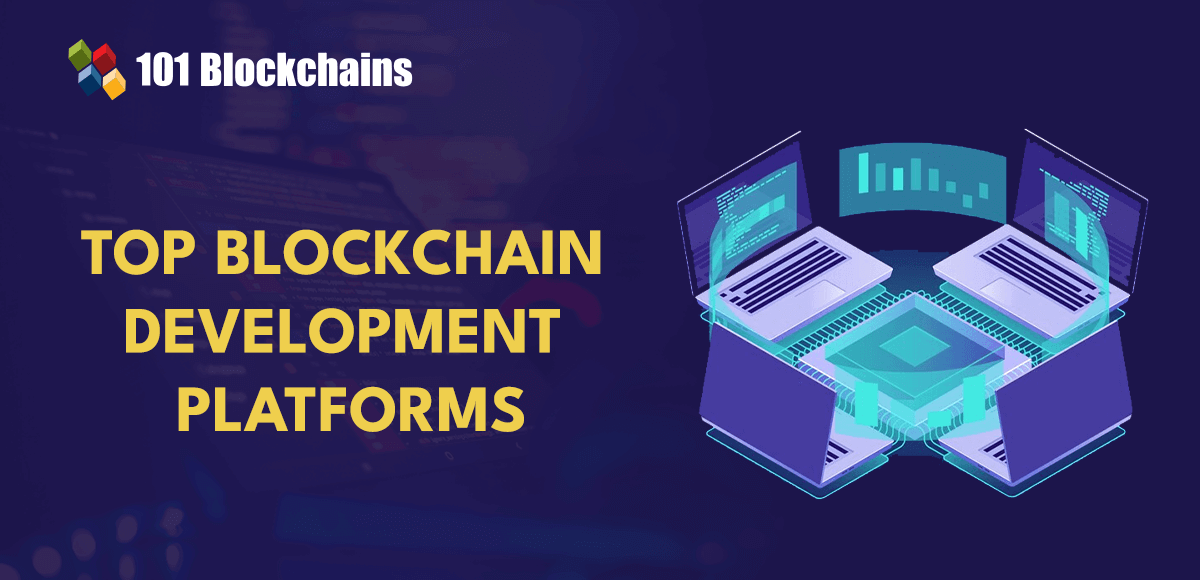OpenAI and Meta, pioneers in the field of generative AI, are on the brink of unveiling their next generation of artificial intelligence (AI). This upcoming wave of AI is poised to elevate capabilities in reasoning and planning, representing significant strides towards the realization of artificial general intelligence. This piece delves into these upcoming innovations and the potential future they bring.
Paving the Way for Artificial General Intelligence
In recent years, OpenAI and Meta have made notable progress in advancing foundational AI models, crucial components for AI applications. This advancement is rooted in a generative AI training approach where models are trained to predict missing words and pixels. While this method has enabled generative AI to produce remarkably fluent outputs, it lacks in providing deep contextual understanding or robust problem-solving skills that require common sense and strategic planning. Consequently, when faced with complex tasks or scenarios needing nuanced comprehension, these foundational AI models often fall short in generating accurate responses. This limitation underscores the necessity for further progress towards the development of artificial general intelligence (AGI).
Moreover, the pursuit of AGI aims to create AI systems that mirror the learning efficiency, adaptability, and application capabilities observed in humans and animals. True AGI would entail systems that can intuitively process minimal data, swiftly adapt to new situations, and transfer knowledge across diverse contexts—abilities that arise from an inherent understanding of the world’s complexities. For AGI to be effective, advanced reasoning and planning capabilities are crucial, enabling it to tackle interconnected tasks and anticipate the outcomes of its actions. This evolution in AI strives to address current limitations by cultivating a deeper, more contextual form of intelligence capable of handling the intricacies of real-world challenges.
Toward a Robust Reasoning and Planning Model for AGI
Conventional methodologies for instilling reasoning and planning capabilities in AI, such as symbolic methods and reinforcement learning, face significant challenges. Symbolic methods entail converting naturally expressed problems into structured, symbolic representations—a process demanding considerable human expertise and highly sensitive to errors, where even minor inaccuracies can lead to major malfunctions. On the other hand, reinforcement learning (RL) often requires extensive interactions with the environment to develop effective strategies, an approach that can be impractical or prohibitively costly when data acquisition is slow or expensive.
To surmount these hurdles, recent advancements have focused on enhancing foundational AI models with advanced reasoning and planning capabilities. This is typically achieved by embedding examples of reasoning and planning tasks directly into the models’ input context during inference, utilizing a technique known as in-context learning. While this approach has shown promise, it generally excels only in simple, straightforward scenarios and encounters challenges in transferring these capabilities across different domains—a fundamental requisite for achieving artificial general intelligence (AGI). These limitations underscore the need to develop foundational AI models capable of addressing a broader array of complex and diverse real-world challenges, thereby propelling the pursuit of AGI.
Meta and OpenAI’s New Frontiers in Reasoning and Planning
Yann LeCun, Chief AI Scientist at Meta, has consistently stressed that the limitations in generative AI’s reasoning and planning capabilities largely stem from the simplistic nature of current training methodologies. He argues that these traditional methods primarily focus on predicting the next word or pixel, rather than fostering strategic thinking and planning skills. LeCun emphasizes the need for more advanced training techniques that encourage AI to evaluate potential solutions, devise action plans, and comprehend the implications of its decisions. He has revealed that Meta is actively working on these sophisticated strategies to empower AI systems to autonomously handle complex tasks, such as orchestrating every aspect of a journey from an office in Paris to another in New York, including the commute to the airport.
Meanwhile, OpenAI, known for its GPT series and ChatGPT, has garnered attention for its secretive project called Q-star. While details are scarce, the project’s name hints at a potential fusion of Q-learning and A-star algorithms, crucial tools in reinforcement learning and planning. This initiative aligns with OpenAI’s ongoing efforts to enhance the reasoning and planning capabilities of its GPT models. Recent reports from the Financial Times, based on discussions with executives from both Meta and OpenAI, underscore the joint commitment of these organizations to further enhance AI models that excel in these critical cognitive domains.
Transformative Effects of Enhanced Reasoning in AI Systems
As OpenAI and Meta continue to bolster their foundational AI models with reasoning and planning capabilities, these advancements stand to significantly broaden the potential of AI systems. These advancements could lead to major breakthroughs in artificial intelligence, with the following potential enhancements:
- Improved Problem Solving and Decision Making: AI systems equipped with reasoning and planning capabilities are better equipped to handle complex tasks requiring an understanding of actions and their consequences over time. This could advance strategic gameplay, logistics planning, and autonomous decision-making systems necessitating a nuanced grasp of cause and effect.
- Increased Applicability Across Domains: By transcending the limitations of domain-specific learning, these AI models could apply their reasoning and planning skills across various fields such as healthcare, finance, and urban planning. This versatility would enable AI to effectively address challenges in environments vastly different from those they were initially trained in.
- Reduced Dependence on Large Data Sets: Transitioning towards models capable of reasoning and planning with minimal data mirrors the human ability to swiftly learn from few examples. This decrease in data requirements reduces both the computational burden and the resource demands of training AI systems, while also enhancing their speed in adapting to new tasks.
- Steps Toward Artificial General Intelligence (AGI): These foundational models for reasoning and planning bring us closer to achieving AGI, where machines might one day perform any intellectual task that a human can. This evolution in AI’s capabilities could have significant societal impacts, sparking new discussions on the ethical and practical considerations of intelligent machines in our lives.
The Bottom Line
OpenAI and Meta are at the forefront of developing the next generation of AI, with a focus on enhancing reasoning and planning capabilities. These enhancements are pivotal in advancing towards Artificial General Intelligence (AGI), aiming to equip AI systems to tackle complex tasks requiring a profound understanding of the broader context and long-term implications.
By refining these capabilities, AI can find broader applications across diverse fields such as healthcare, finance, and urban planning, reducing the reliance on extensive datasets and enhancing adaptability. This progress not only promises to broaden the practical applications of AI but also brings us closer to a future where AI could perform as proficiently as humans in all intellectual tasks, sparking crucial discussions about the integration of AI into everyday life.






















